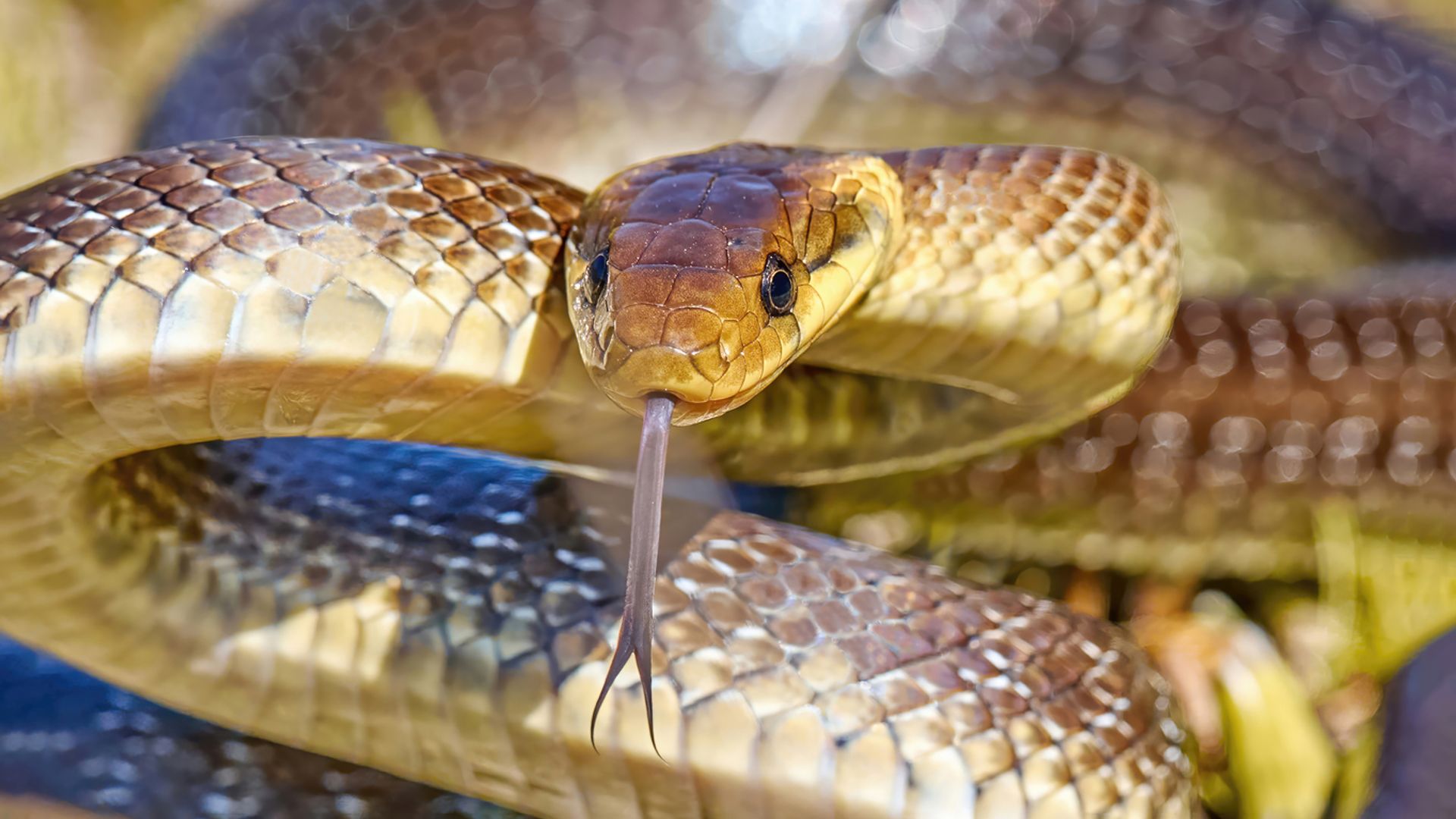One of Europe’s biggest snakes – which can grow up to two metres in length – is setting up home in the attics and wall cavities of UK homes, according to a study.
Aesculapian snakes are non-native but after two potential “escapes” can be found in the capital – near London Zoo and Regent’s Canal – and around Colwyn Bay in North Wales.
A study on the snakes found they were “actively seeking and returning to use inhabited buildings”.
Researchers from Bangor University observed them “climbing large structures to access the attics and wall cavities of houses”.
Male Aesculapian snakes had a “distinct preference” for buildings – with seven out of eight seeking indoor shelter – and are “unafraid of using buildings and other features in close proximity to humans”.
Female snakes, however, preferred to stay in woodland.
The study implanted 21 Aesculapian snakes with radio transmitters over two seasons to see the extent of their habitat.
People with a snake phobia might be comforted by the knowledge other UK species, such as the adder, smooth snake and grass snake, usually steer clear of buildings and urban environments.
Aesculapian snakes are excellent climbers but are not venomous and constrict their prey, which mainly consists of rodents and small mammals.
Some are living in the wild around Colwyn Bay after escaping from the Welsh Mountain Zoo in the 1970s, the authors of the study said.
London Zoo says it is not responsible for the population of the snakes around the tourist attraction and nearby canal.
Instead, the snakes are thought to have been released or escaped from a group in the area that was studying them in the 1980s.
Read more from Sky News:
Walmart worker found ‘burned to death’ in walk-in oven
Previously homeless tech boss UK’s ‘most influential black person’
Keep up with all the latest news from the UK and around the world by following Sky News
Aesculapian snakes are native to central, southern and eastern Europe and parts of western Asia.
The groups of snakes in the UK are the northernmost populations of the species.










